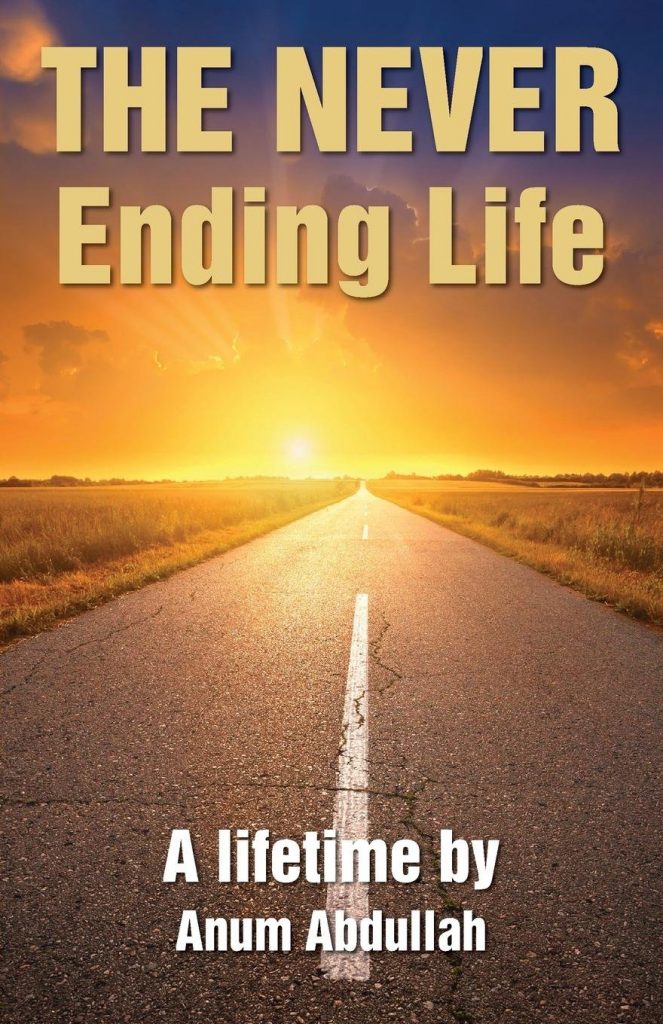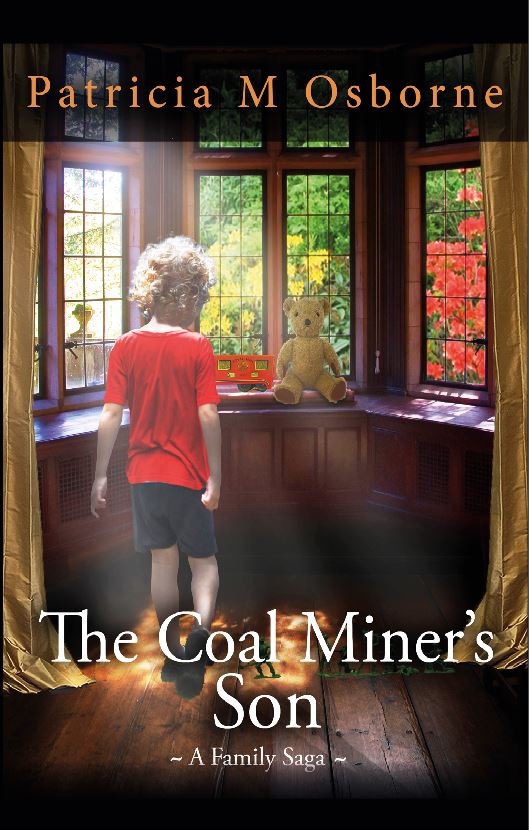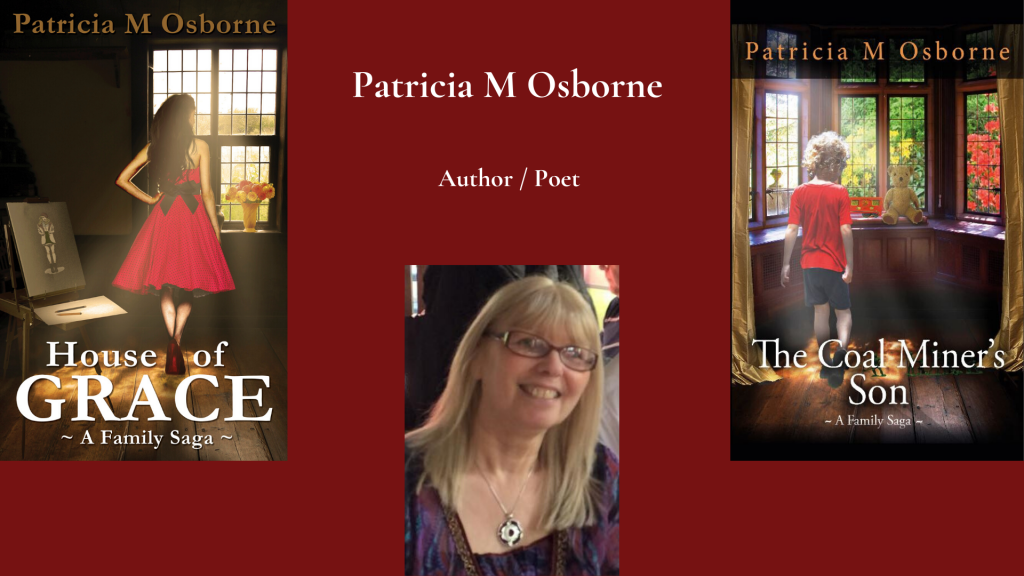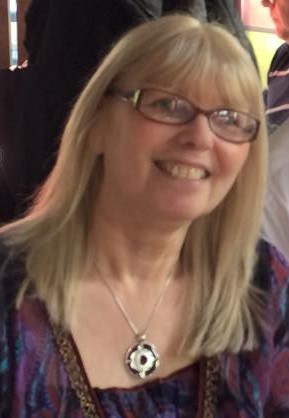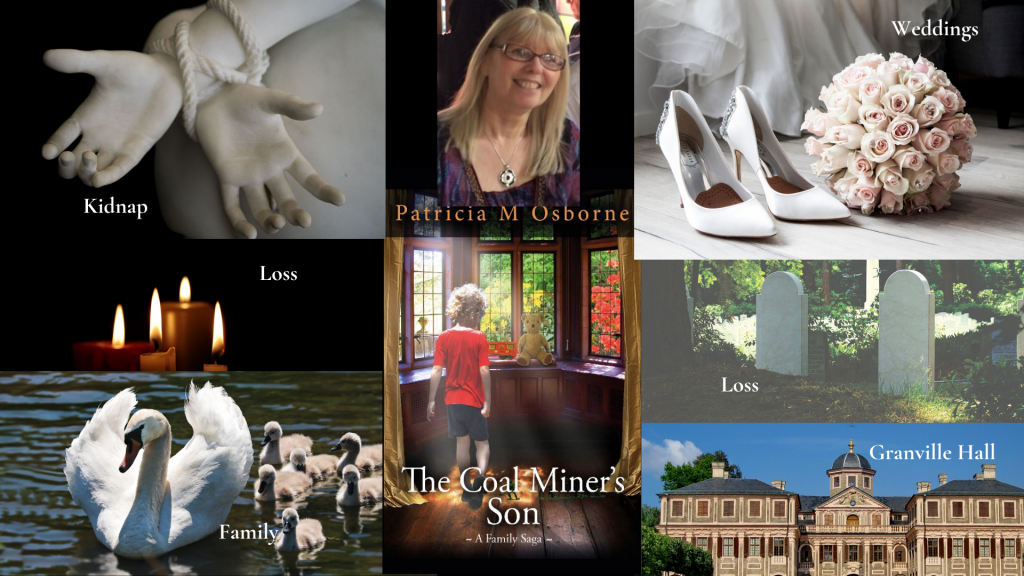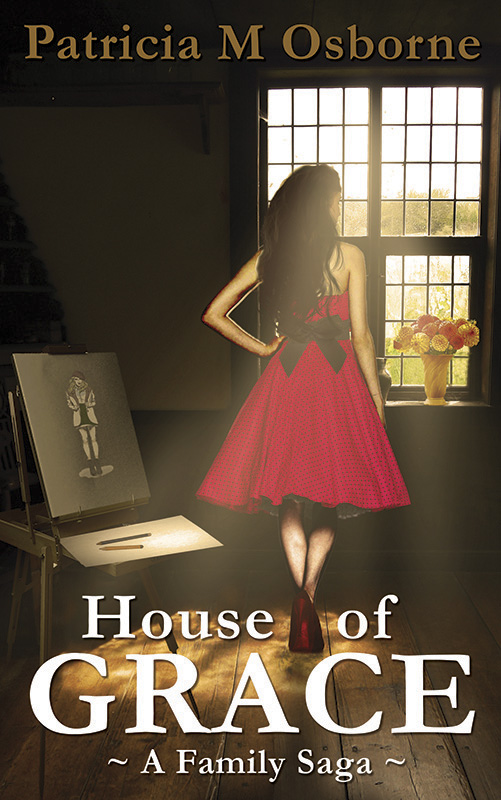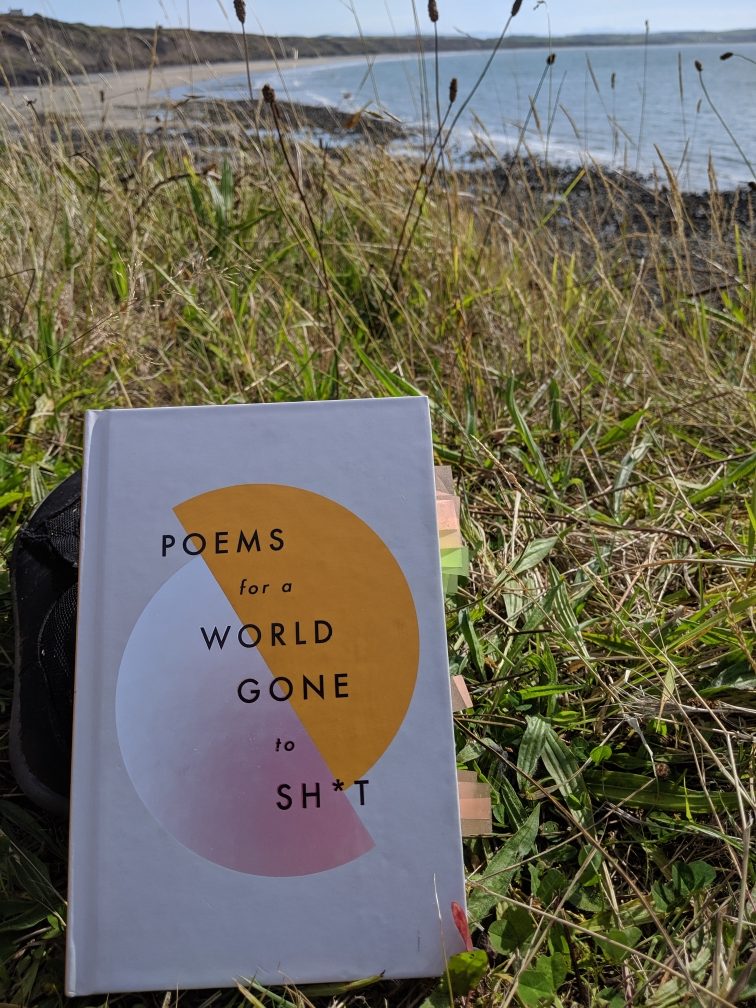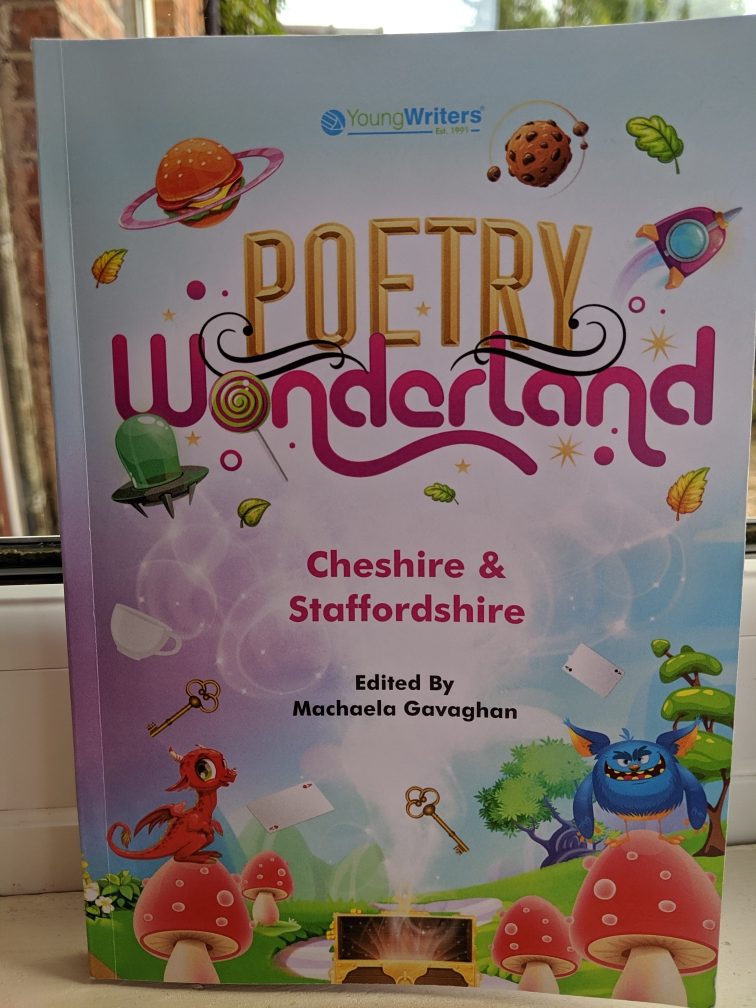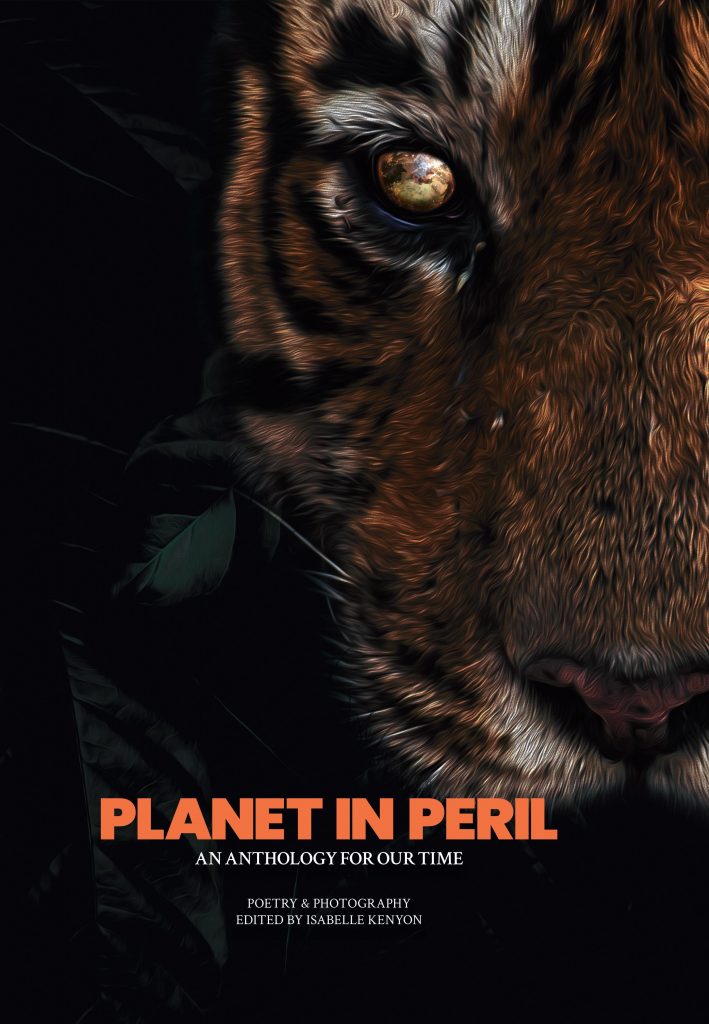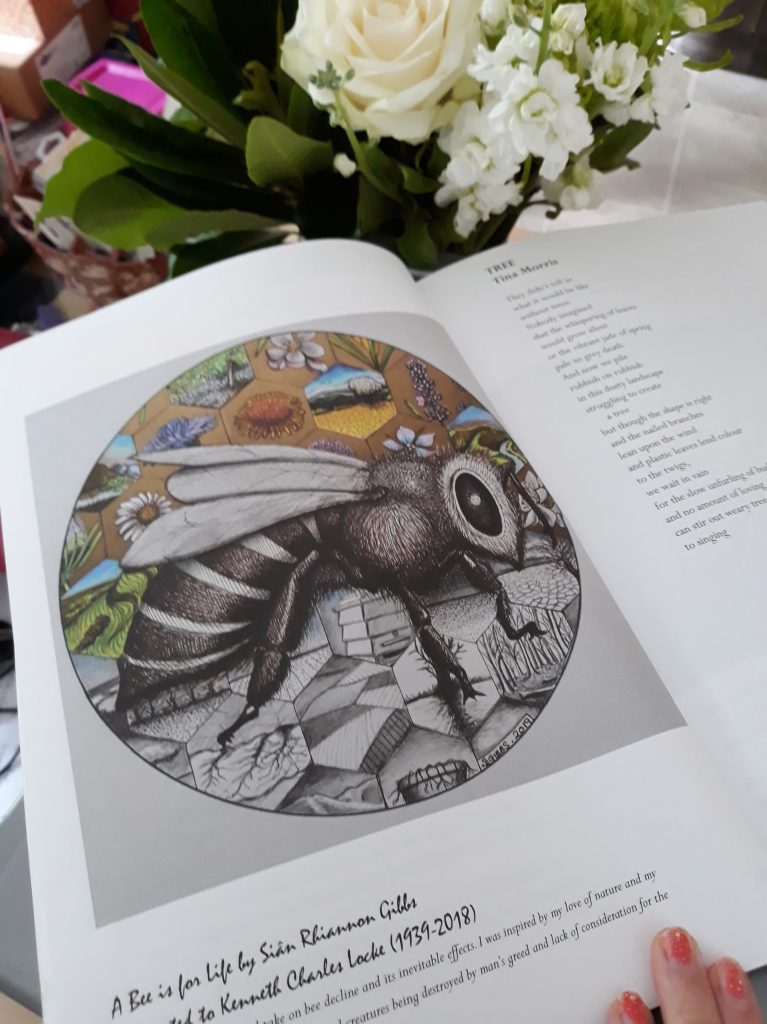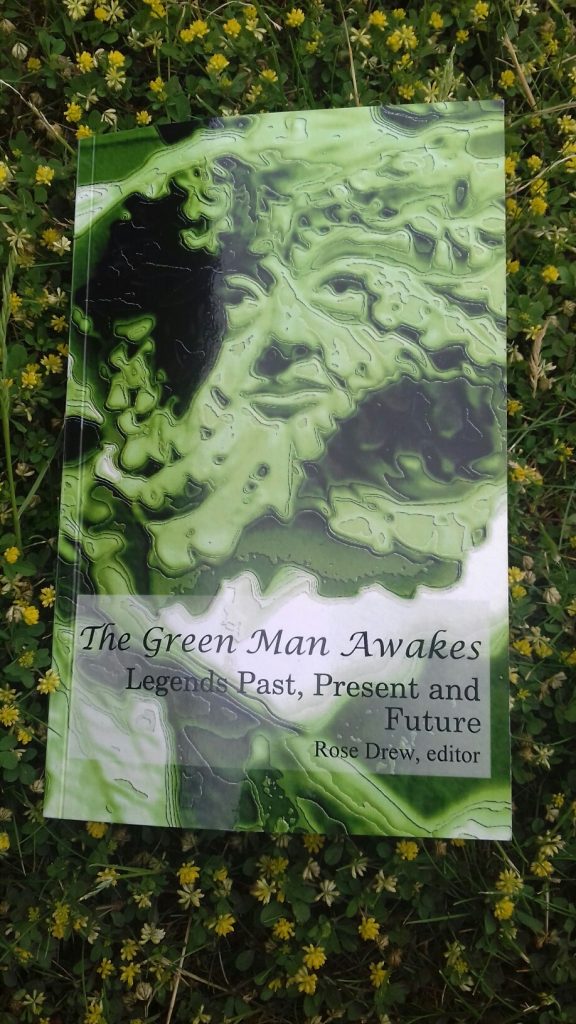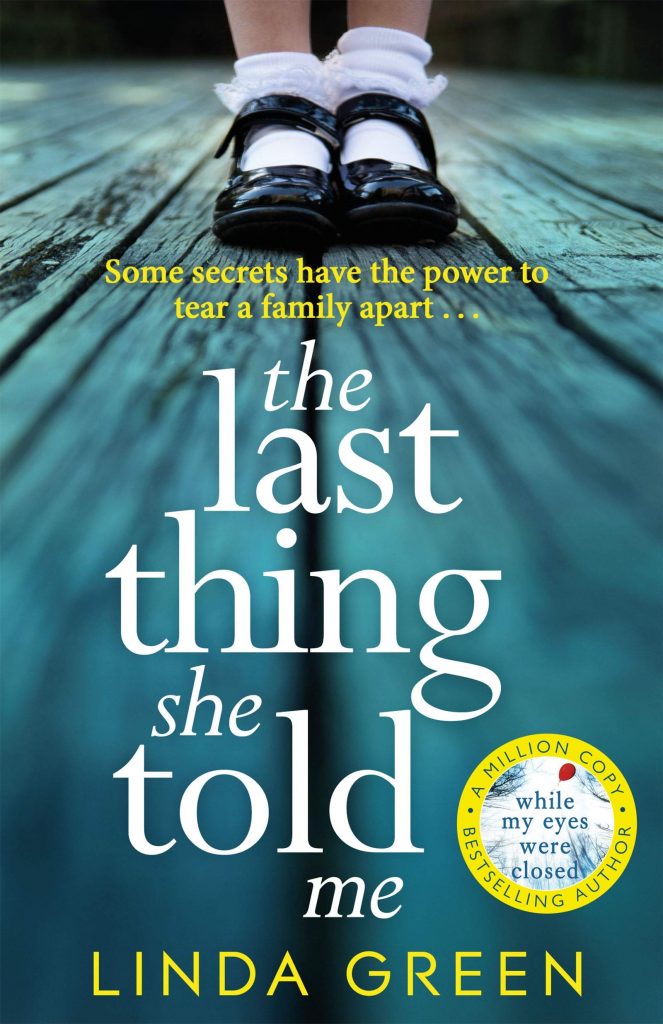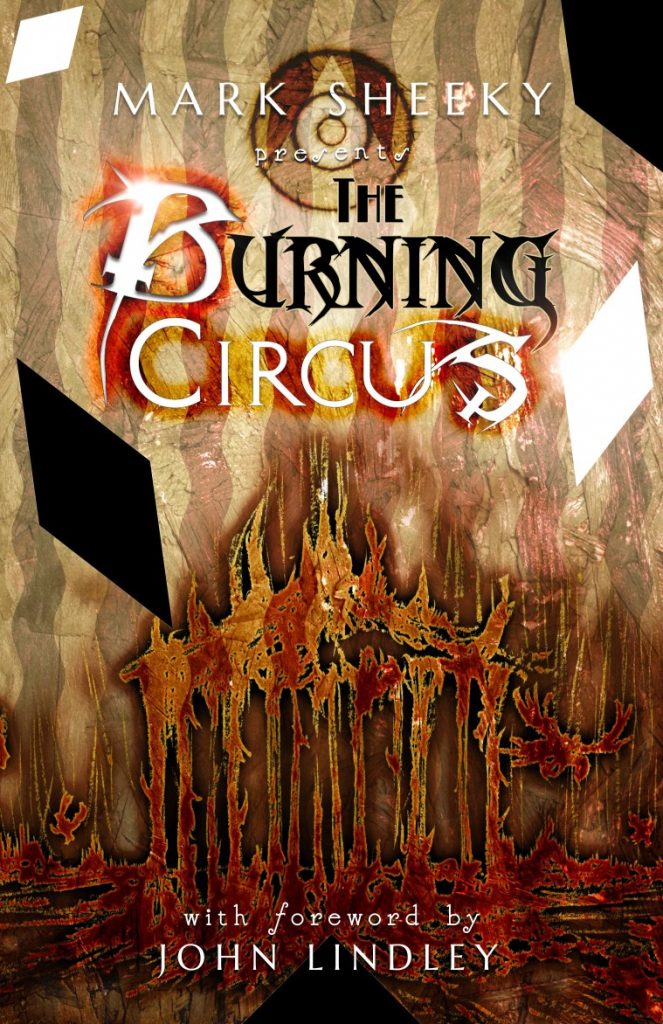
Mark Sheeky (b. 1972) is a contemporary artist and renaissance man. His childhood passion was computer game design, producing music on software of his own design. In 2004 he began oil painting and decided to devote his life to art. His oeuvre is typically fantastical or surrealistic, and has painted over 600 works, produced and published 30 albums, and has authored four books of poetry and prose since his first novella, The Many Beautiful Worlds of Death (2012) while illustrating and contributing to many more. An occasional performance pianist, he is part of poetry and music duo Fall in Green.
Mark Sheeky: The Burning Circus (2020) is my second poetry anthology, my first was ten years ago, and I’ve certainly changed a lot as an artist and writer since. It’s a collection of poems about circus characters: a clown, a juggler, a tattooed man, a lion tamer etc. I thought this would be a rich pool of ideas and characters to choose from, perhaps, I thought, characters with interesting and distinct personalities that can represent different parts of all of us. Art must always tread the line between the personal and the universal. I think poems, especially, work best when people can identify with them, see something of themselves in them. I wanted to add a mix of feelings and stories and situations that we could all sympathise with.
For The Burning Circus I wanted to add an overall structure or narrative, to create more than a simple collection of poems. I think a book is an artwork in itself, and should be structured, contain a sense of unity and overall neatness. Poetry itself is about structure and order in writing, after all. Here, I added a few poems to the start and end that hint at something more, an indication that these characters are parts of a whole psyche.
In each poem I’ve tried to represent something of both the circus performer and their act. The Juggler, for example, spaces the words like hoops tossed into the air, and I often focus on how the different circus characters might feel, or their origins. The Lion Tamer compares the immigrant lion tamer with the lion, an animal captured and shipped from war-torn Africa. The Dwarf paints images of a life of a man looked down on, metaphorically, as well as physically.
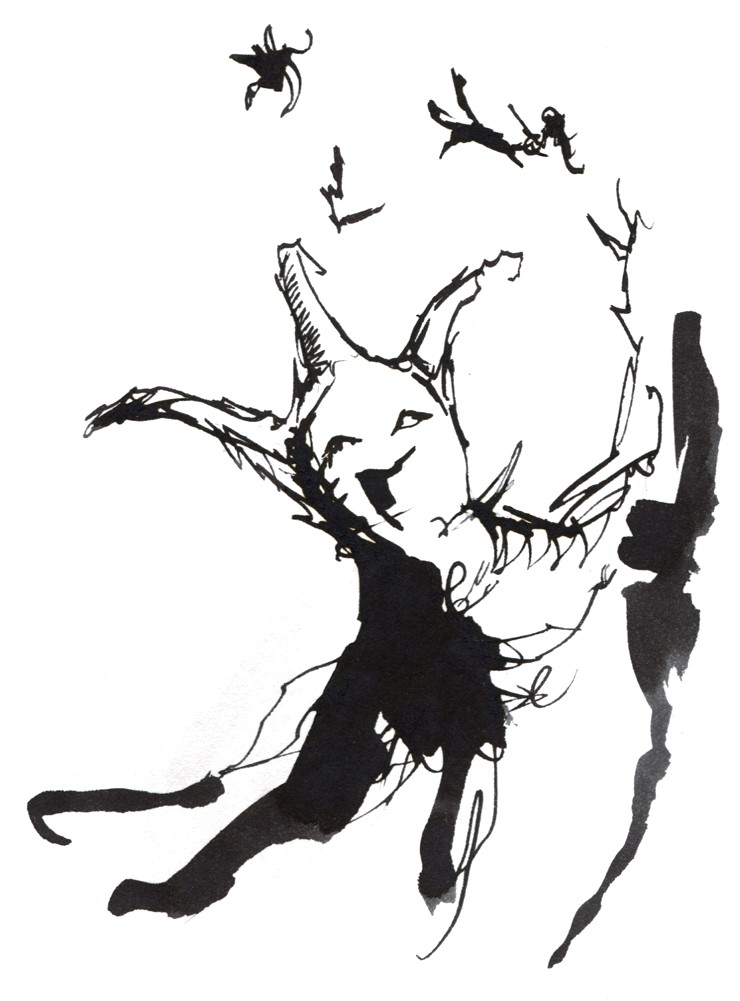
I always wanted to illustrate the book, too; the visual beauty of the book is as important as the aesthetics of the words. I wanted to make something pretty, a book that people would love to own, so I spent some time drawing in pen and ink for each poem and put a lot of work into the cover and overall graphic design – I think this is a vital part of the art of creating a book. I love pen and ink for illustration, it’s so expressive; every mark, every hand movement, captures the exact feeling of that moment in time.
John Lindley, former Cheshire Poet Laureate:
Divided into three linked sections, Mark Sheeky’s astonishing new collection takes us on a journey, via a ‘fragile caravan of dreams’, in which the passing scenery is seen as if through a distorting mirror; a journey whose twists, turns and destination are wholly unexpected. In images so tactile you half expect the greasepaint to come off on your fingers, this is language, from one of our finest poets, that dazzles without attempting to disguise the grit of sawdust beneath the sparkle.
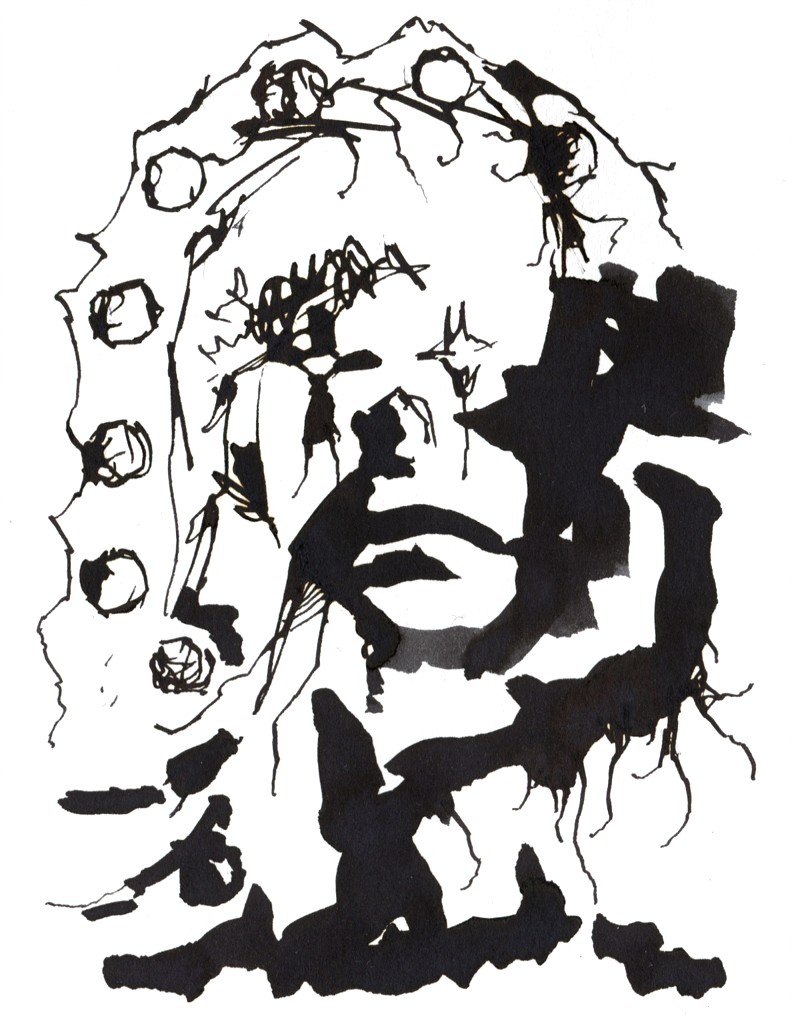
Clown Face
Crushed into beetles’ petals, for my lips
I can feel their sun, encased in the austere lacquer
and made into a paste for laughter.
Something like my father’s face, romanced
with a rim of lightbulbs, and tears of his hope
walks a well-worn script.
Where Aztecs ruled, a child-hand curtseys,
and a tent of insects applaud the basket,
their bloody farewell crying a smile
to the Northern rain in my heart.
The glitter thrown to the wind falls to the dust of saws.
Stars to ashes, heaven’s applause.
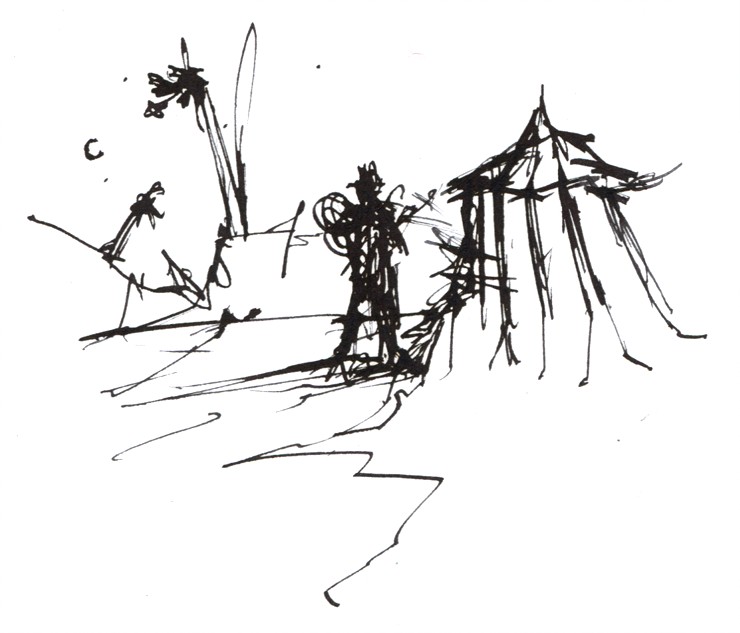
Skin
I make a canvas of my chest
each ink-prick a penitent step
towards an unknown light,
explored like a crow explores night.
The roses decay with my flesh
in organ lament for each love,
oak-carved in solemn phrase
to bleed their scent beneath strangers’ gaze.
As years roll, each Sisyphean scar
etched across virgin skin becomes art,
my heart pushed out from in
to weep, more like Narcissus’ kin.
Now I am a museum,
artefacts of sad youth on show, blue-black.
My menagerie keeps me warm from without,
prayers back on track
towards God again
and my solitary pain.
Amazon Link UK
Amazon Link US
Amazon Author Page
Mark Sheeky’s Website

